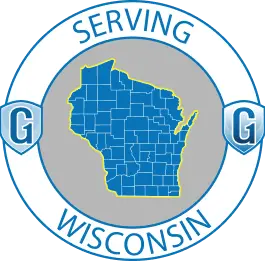
Call or text 414-276-6666 or complete a Free Case Evaluation form











 - Contact Us -
Hire Gruber Law Offices From Your Own Home
- Contact Us -
Hire Gruber Law Offices From Your Own Home
We are committed to protecting our clients in everything we do.
